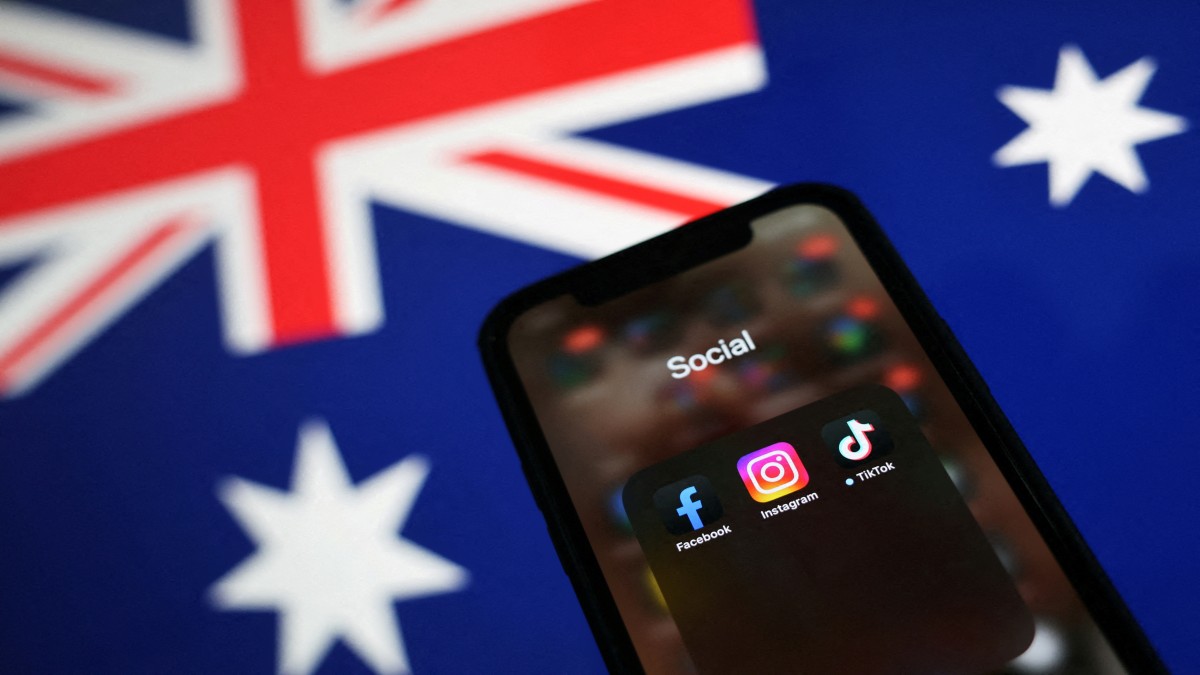Australia said on Thursday (December 12) it will impose a tax on major digital platforms and search engines unless they agree to share revenue with local news organisations, aiming to protect public interest journalism and the nation’s democracy.
The proposed tax, set to take effect from January 1, will target companies earning over 250 million Australian dollars ($160 million) annually from Australia, including Meta Platforms, Alphabet-owned Google, and ByteDance, the Chinese parent company of TikTok.
Assistant Treasurer Stephen Jones and Communications Minister Michelle Rowland said the tax would be offset for platforms that make payments to Australian media organisations, making revenue-sharing deals the cheaper option.
“The real objective … is not to raise revenue – we hope not to raise any revenue. The real objective is to incentivise agreement-making between platforms and news media businesses in Australia,” Jones told reporters.
The announcement comes as Meta, owner of Facebook and Instagram, recently decided not to renew three-year agreements to pay Australian news publishers for their content.
Australia introduced its News Media Bargaining Code in 2021, requiring tech giants to negotiate revenue-sharing deals with news outlets or face fines of up to 10 per cent of their Australian revenue.
Impact Shorts
More ShortsTech giants concerned
Meta criticised the proposal, calling it flawed.
“The proposal fails to account for the realities of how our platforms work,” Meta said in a statement. “Most people don’t come to our platforms for news content, and news publishers voluntarily choose to post content because they receive value from doing so.”
Google, which has signed agreements with over 80 Australian news publishers since 2021, expressed concerns about the tax’s impact.
“The government’s introduction of a targeted tax risks the ongoing viability of commercial deals with news publishers in Australia,” Google said, adding it was reviewing the policy.
TikTok also weighed in, noting its platform is primarily for entertainment rather than news.
“As an entertainment platform, TikTok has never been the go-to place for news. We will actively engage in the consultation process,” the company said in a statement.
Democracy and media sustainability
Rowland said the government’s goal is to ensure the survival of public interest journalism, which she described as vital to democracy.
“The rapid growth of digital platforms has disrupted Australia’s media landscape, threatening the viability of public interest journalism,” Rowland said.
Jones said Australian officials had briefed U.S. counterparts on the plans, clarifying that the proposed tax is designed to strengthen existing laws rather than impose conventional taxation.
“We want to ensure they understand this is not a tax in the normal sense of the word,” Jones said. “This is an incentive to bolster a law that has existed in Australia since 2021.”
The government’s move underscores its commitment to supporting journalism in the digital age, even as tensions with tech giants continue to grow.
With inputs from agencies
)